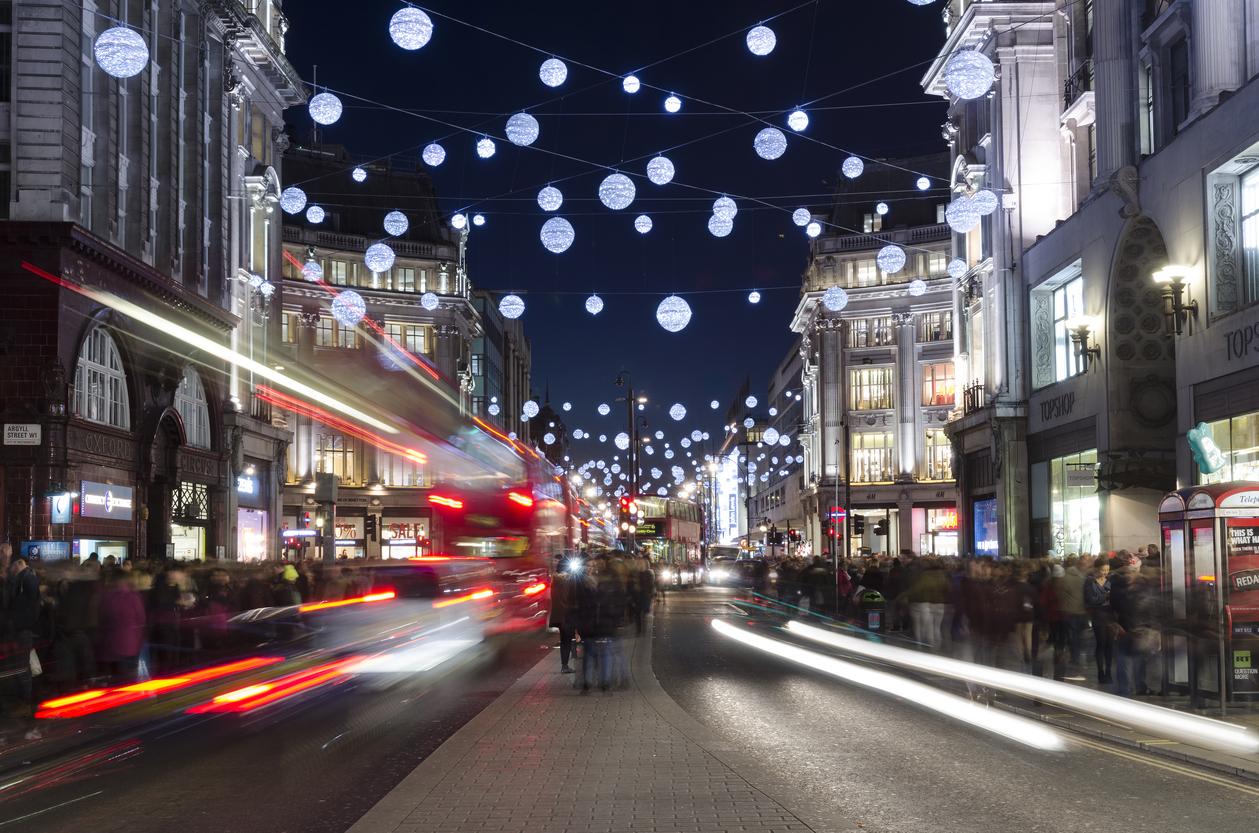Christmas spending expected to fall for first time since 2012, Visa says
High street spending is likely to be particularly hard hit

Christmas spending across the UK is expected to fall for the first time since 2012, research by Visa and IHS Markit shows.
According to a report published on Monday, a challenging economic environment, in which real wages are falling and economic growth is sluggish, will likely lead to a 0.1 per cent fall in consumer spending during the 2017 festive season.
That’s in sharp contrast to last year, when spending increased by 2.8 per cent over the Christmas period.
“While it still looks likely that consumers will be hitting stores and websites in search of bargains this Black Friday and Cyber Monday, we expect spending for the duration of the festive season to be lower in comparison to last year,” said Mark Antipof, chief commercial officer at Visa.
“Looking back, consumers were in a sweet spot in 2016 – low inflation and rising wages meant there was a little extra in household budgets to spend on the festive period,” he said.
“2017 has seen a reversal of fortunes – with inflation outpacing wage growth and the recent interest rate rise leaving shoppers with less money in their pockets.”
The research anticipates that high street spending will be particularly hard hit, falling by 2.1 per cent compared to equivalent figures for last year – the biggest contraction since 2012.
Online spending, however, is still expected to rise – by 3.6 per cent over this Christmas period – meaning that it will account for a record share of this year’s Christmas spend.
Visa said that of every £5 spent during the period, almost £2 will likely be spent online.
The report comes on the back of figures last week, showing that UK retail sales declined for the first time since March 2013 in the 12 months to the end of October.
The inflation rate was steady at 3 per cent in October, but wages are growing at an annual rate of just 2.2 per cent, meaning that real wages are still contracting, denting consumers’ appetite for shopping.
Subscribe to Independent Premium to bookmark this article
Want to bookmark your favourite articles and stories to read or reference later? Start your Independent Premium subscription today.

Join our commenting forum
Join thought-provoking conversations, follow other Independent readers and see their replies